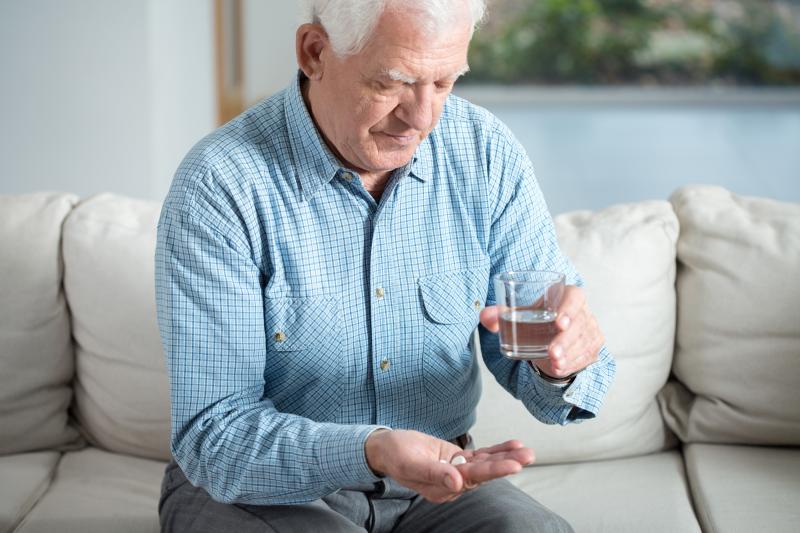
Taking sorafenib and gastric acid suppression therapy together may be bad for patients with advanced hepatocellular carcinoma (HCC), as the combination translates to significantly lower survival, as shown in a study.
Researchers looked at 197 patients treated with sorafenib for advanced liver cancer at a single tertiary referral unit in the UK, among whom 182 were included in the analysis. There were 77 patients who had been on concurrent gastric acid suppression therapy.
A multivariate Cox proportional hazard model revealed that patients who were taking acid suppression therapy concomitantly with sorafenib had poorer survival outcomes compared with those who were not on gastric acid suppressants.
The resulting adjusted hazard ratios were 5.4 (95 percent confidence interval [CI], 3.6–7.9) for progression-free survival (PFS) and 1.85 (95 percent CI, 1.3–2.6) for overall survival.
It has been previously shown that coadministration of gastric acid suppressants reduces the efficacy of the tyrosine kinase inhibitors erlotinib and sunitinib in patients with nonsmall cell lung cancer and renal cell carcinoma, respectively. The researchers emphasized that the current data is the first report of a negative interaction between acid suppression therapy and sorafenib in advanced HCC.
The findings should be validated in prospective studies, they added.